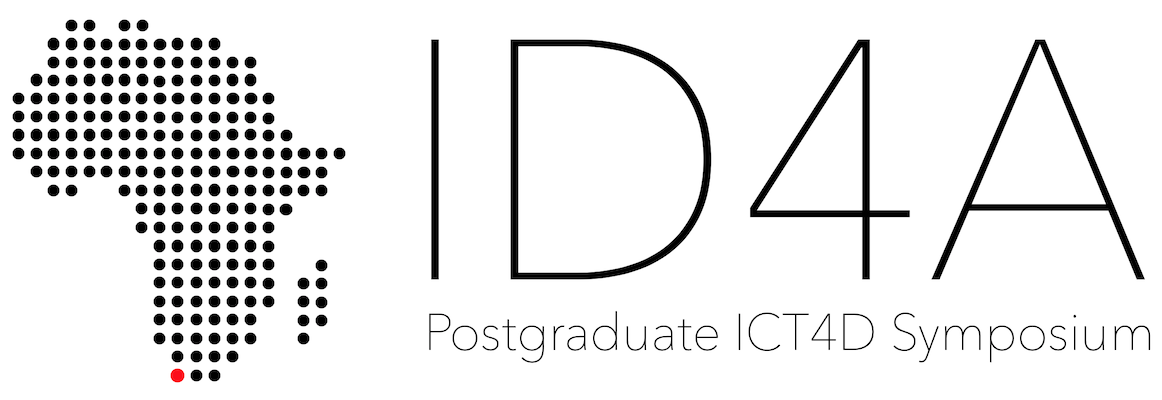Kondowe & Chigona
Practice of Participatory Development in the Digital Era: A Critique of the 2016 World Bank Report
ICTs are argued to have made the world more inclusive and activated the long-standing efforts of ensuring participatory development. Researchers have applauded these technologies for ensuring democratisation, citizen participation and making the bottom up approach to development a reality. The study is a Critical Discourse Analysis of World Bank Report 2016 on Digital Dividends (WDR16) to illustrate how the report implied the meaning of participatory development which ICTs can enable and to uncover the narrow views embedded in this report relating to participatory development in a developing country context. Although the report can be commended for covering the holistic process of development as it moved from the mere technocentric and market related approach of the previous decade, it can be critiqued for over-emphasis of positive contributions of ICT4D in enabling public participation and a bottom up approach to development while underspecifying the unintended impacts that can be precipitated. The study reiterates the weaknesses of ICT4D studies in that they lack reference to development studies and recommends for making reference to development studies/theory is addressed if convincing arguments around technology enabled development is to be sought.
